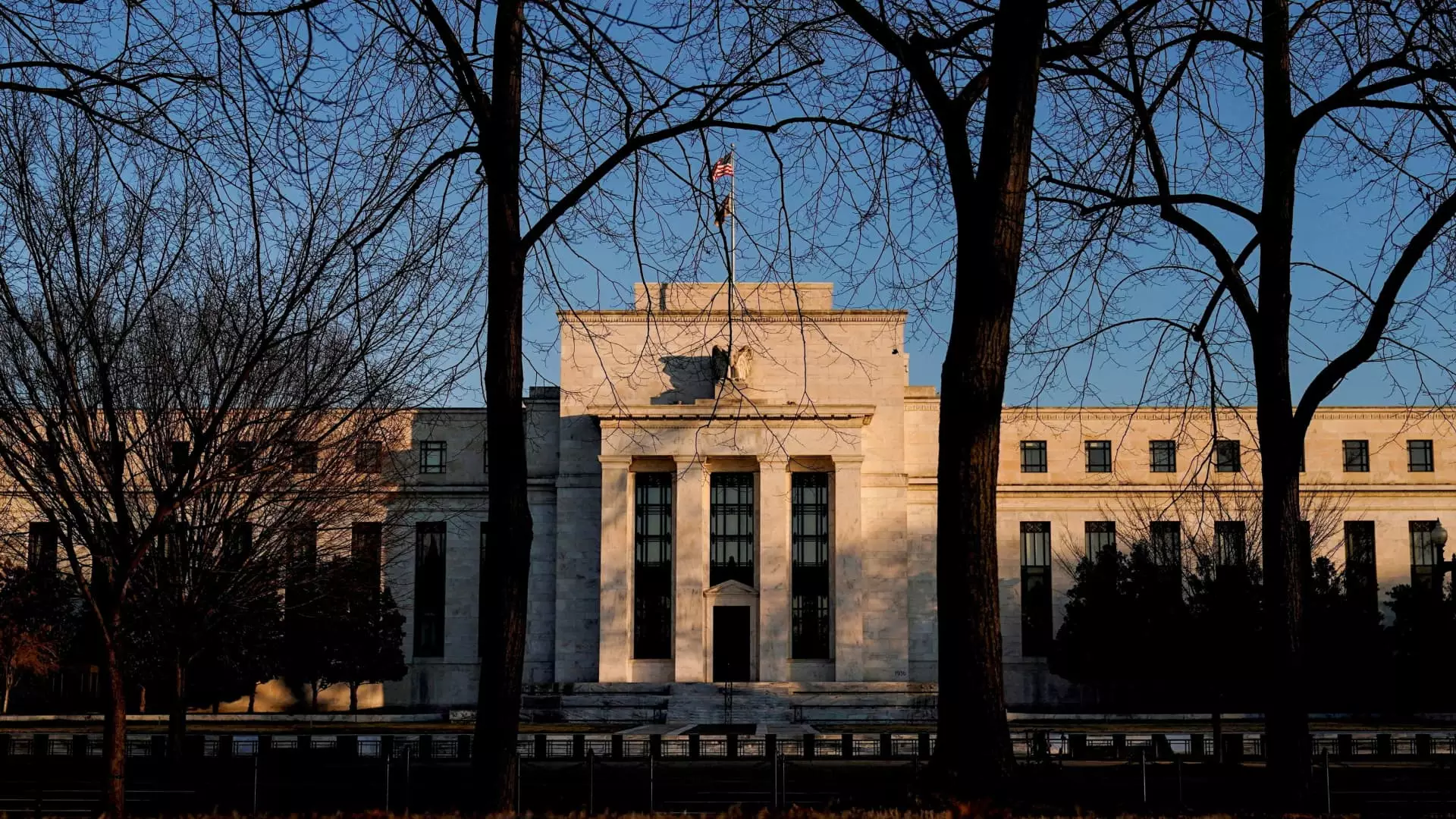In a striking development in the realm of economic security, John Harold Rogers, a former senior advisor at the Federal Reserve, was arrested on charges of conspiring to share sensitive trade secrets with entities tied to China. This incident underscores the ongoing concerns regarding economic espionage, particularly between the United States and China, as both countries navigate a complex geopolitical landscape.
The U.S. Attorney’s Office in Washington, D.C., has outlined serious accusations against Rogers, suggesting he conspired to transmit confidential Federal Reserve information that could potentially allow China to manipulate its financial strategies in a way reminiscent of insider trading. This information reportedly includes crucial insights into U.S. economic policy and advance knowledge of changes to the federal funds rate—the interest rate that dictates banking operations on short-term loans. This level of access to sensitive economic data could have far-reaching implications, particularly because China currently holds approximately $816 billion in U.S. government debt, highlighting the significant stakes involved.
Rogers allegedly collaborated with two individuals posing as graduate students but who were affiliated with Chinese intelligence. Their interactions included the arrangement of lavish gifts, a paid beach vacation, and all expenses covered for Rogers during his visits to China, where he also engaged in a part-time teaching role at Fudan University. This relationship hints at a systemic level of manipulation, blurring personal and professional lines, and raises critical questions about the motivations behind such a dubious connection.
Rogers held a senior advisory position in the Federal Reserve’s international finance division from 2010 to 2021, during which he was privy to confidential information critical for guiding U.S. economic policy. His position entailed direct involvement in deliberations related to tariffs and the mechanisms that underpin the Federal Open Market Committee (FOMC), which plays a central role in determining the federal funds rate. The information Rogers is accused of leaking, including trade-secret data and briefing information for high-level officials, represents a significant breach of trust and highlights vulnerabilities within the federal financial infrastructure.
The indictment details how Rogers allegedly circumvented Federal Reserve policies by misusing his personal email to transmit sensitive information and physically printing documents before traveling to meet with his co-conspirators. This lack of fidelity to established protocols not only raises questions regarding his judgment but also underscores systemic weaknesses in safeguarding sensitive economic intelligence.
Facing charges of conspiracy to commit economic espionage and making false statements, Rogers could face a maximum sentence of 15 years in prison if convicted. Currently, he is being detained without bond pending further legal proceedings, which raises the stakes not just for him personally, but for the integrity of the institutions involved. U.S. Attorney David Sundberg articulated the broader implications of this case, stating that it forms part of a significant Chinese campaign to undermine U.S. economic stability through espionage.
This arrest coincides with escalating tensions between the United States and various countries, including China, Canada, and Mexico, particularly as economic policies are being drastically restructured under the Trump administration. Notably, the timing of the indictment aligns with announcements regarding impending tariffs, suggesting a possible link between Rogers’ actions and the larger geopolitical maneuvers currently at play.
The arrest of a figure within the Federal Reserve raises profound implications for national economic security. It not only exemplifies the tangible threats posed by foreign espionage efforts but also calls attention to the importance of fortified protocols and vigilance within government agencies. The reliance on individuals in key financial positions to maintain the integrity of sensitive information is paramount, and breaches such as this one emphasize the need for stringent measures to guard against insider threats.
As the investigation unfolds, it serves as a dire warning about the potential consequences of compromised information and small lapses in oversight that can lead to substantial ramifications on a global scale. Economies are increasingly intertwined, and such acts of espionage could shift the balance of power in the economic arena. Ultimately, cases like that of Rogers should prompt a comprehensive reevaluation of policies designed to combat economic espionage and enhance protective measures against breaches of trust within critical infrastructures, ensuring that national interests remain safeguarded against insidious foreign influences.


Leave a Reply